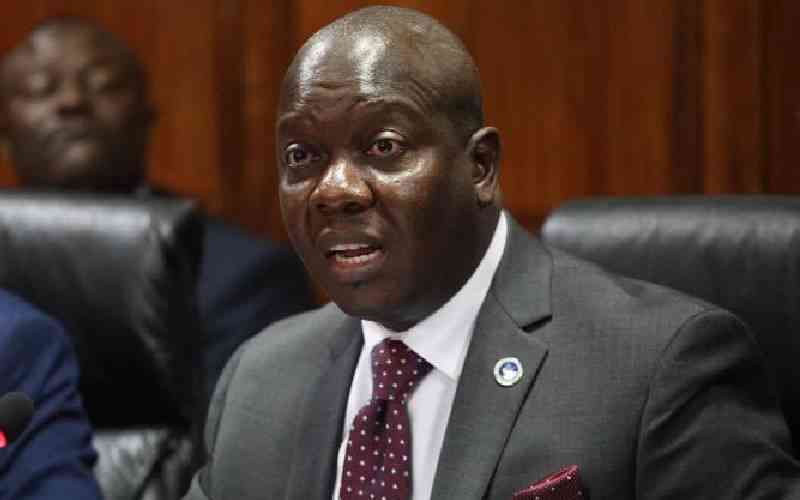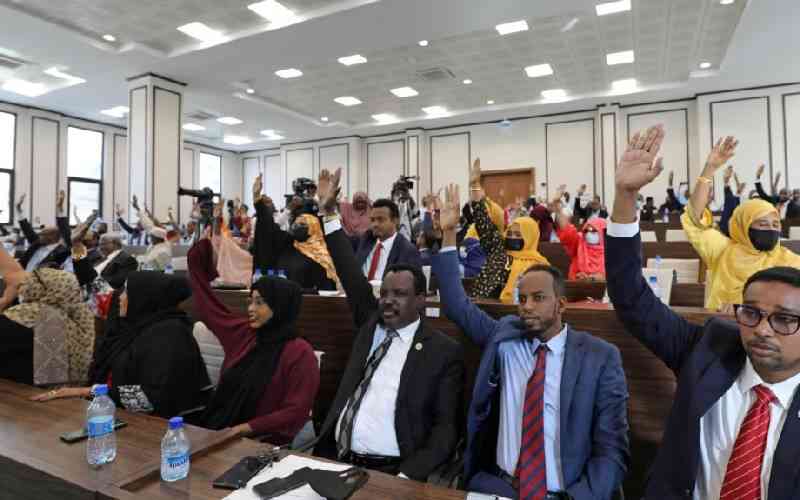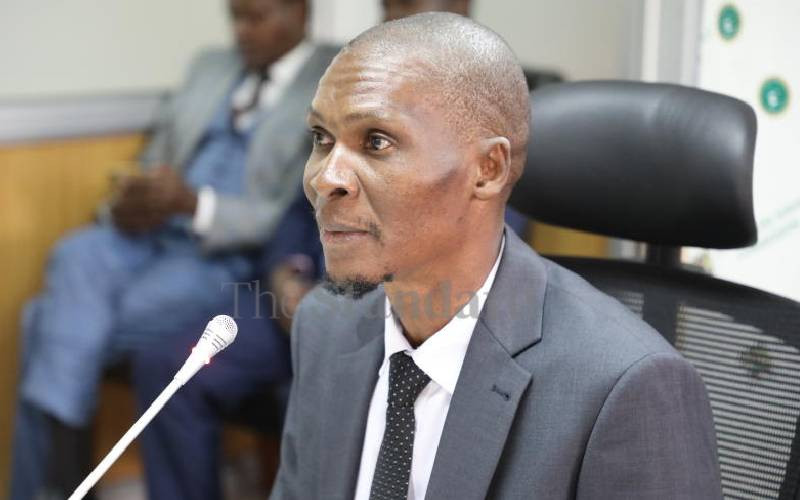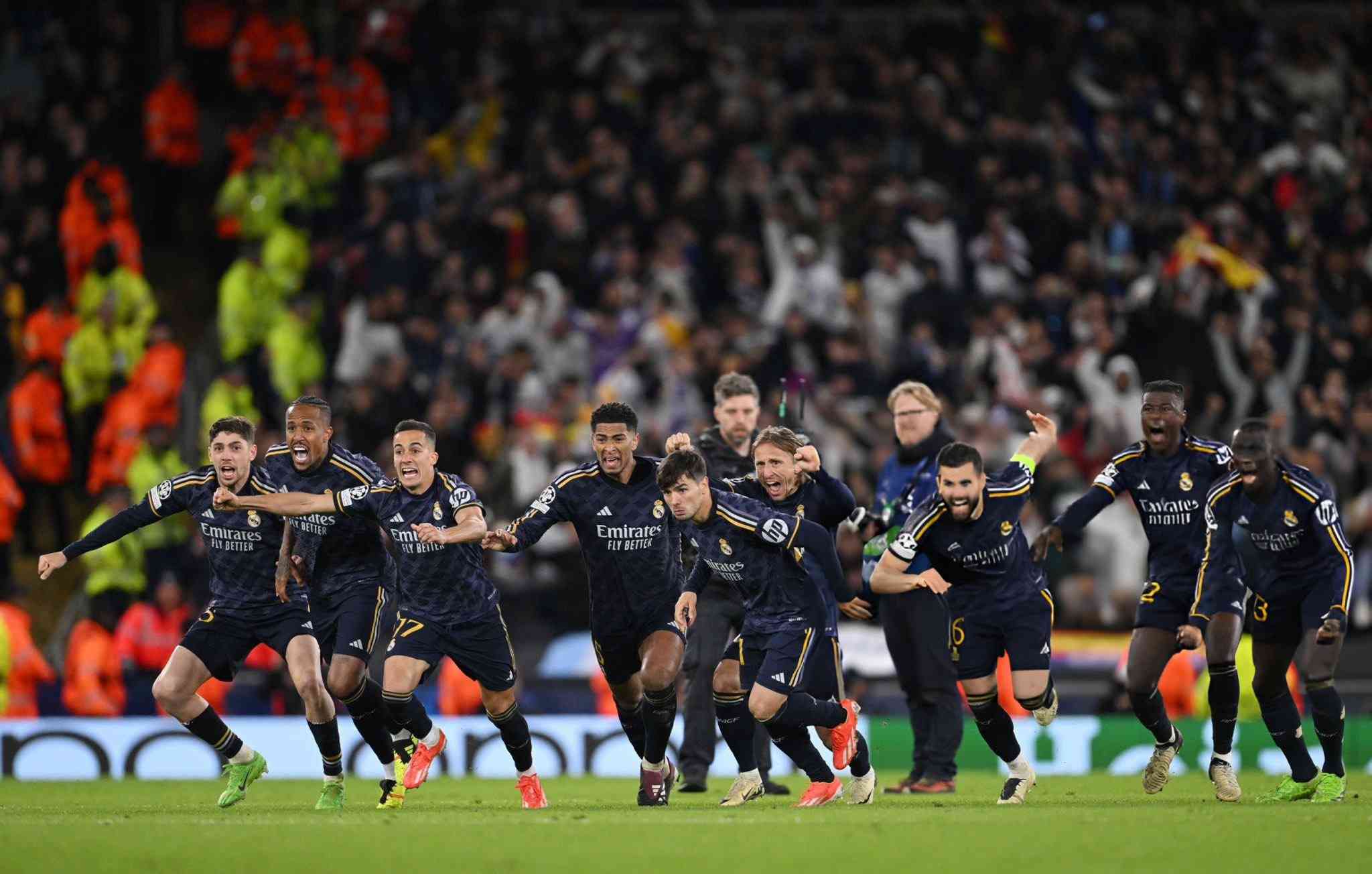By Lillian Aluanga
The country is awaiting the appointment of a new Director of Public Prosecutions in line with the new Constitution. But previous appointees have earned both praise and criticism as holders of one of the key judicial offices established in 1996. Below is a glimpse into the tenures of those who have held the position set for radical change under the new Constitution.
Bernard Chunga
Former Chief Justice Bernard Chunga’s reign as Deputy Public Prosecutor is remembered most for the infamous Mwakenya crackdown, which saw several political activists detained without trial. Chunga was former President Moi’s first appointee to the office.
As a Deputy Public Prosecutor, Chunga acted as the lead counsel in the Justice Evan Gicheru-led commission of Inquiry into Robert Ouko’s death and prosecutor at the trial of Jonah Anguka, a former DC implicated in Ouko murder, but was later acquitted.
Among the most memorable cases was that of Harris Arara, a Kenya Air Force officer, who contrary to the norm, lambasted Chunga for his role in prosecuting those fighting for reforms.
Said Arara during his trial, which earned him a five-year sentence: "You are delivering your judgement not according to law but according to the system. It is understood how the two organs, the Executive and Judiciary are mating. How the Executive is raping the Judiciary especially on political cases… let us be detained; imprisoned, hanged, slaughtered like sheep, but as a sacrifice for greater hope".
Chunga’s appointment in 1999, as Chief Justice to replace Zacheus Chesoni, raised eyebrows from the legal fraternity and civil society given his role in prosecuting Mwakenya cases.
In later years, the former CJ would also be adversely mentioned at the Goldenberg scandal hearings, including one time when the then Central Bank Director of Financial markets Jacinta Mwatela, alleged that he warned her not to mention names of prominent personalities while recording statements related to the scam.
A tribunal headed by former House Speaker Francis ole Kaparo to investigate Chunga’s conduct both as Chief Justice and DPP was established in 2003, and had senior counsel Gibson Kamau Kuria, retired Judge Abdul Majid Cockar, and Appeal Judge Richard Kwach as its members. The former CJ, however, chose to step aside but remained defiant to the end, terming those pushing for his exit as people engaged in ‘lofty talk and petty propaganda and having made no contribution to judicial reforms’.
Uniter Pamela Kidullah
She was a senior magistrate in Nairobi before her appointment as DPP in 1999, just months after one of the Goldenberg cases involving Kamlesh Pattni was brought before her.
Five years later, Kidullah would be among the casualties of regime change following Kanu ouster, which led to her redeployment to the Judiciary. Her replacement with Philip Murgor and subsequent posting to Mombasa as Chief Magistrate was deemed a demotion in legal circles.
Philip Murgor
Elevated to position of DPP in 2003, Murgor was seen as having the flair, aggression and vigour that make for good public prosecutors.
Stay informed. Subscribe to our newsletter
His mettle would be tested by the Anglo Leasing scandal, which resulted in prosecutions of former top civil servants, including Joseph Magari, and Sylvester Mwaliko.
But this was not the first time Murgor was handling high profile cases. Previously, the lawyer had been part of the team that represented former President Moi in petitions challenging his win in the 1992 General Election.
His firm had also in 1994, been appointed by CBK to represent it in a case involving the Goldenberg scandal.
As DPP, Murgor’s spats with Solitor-General Wanjuki Muchemi made fodder for news, with Murgor claiming a number of high profile cases he was handling as well as his push for reforms in the prosecutions department are what led to his ouster.
It was during the Goldenberg /Kamlesh Pattni cases where an altercation between the then star witness and DPP saw Murgor describe Pattni as a "pathological liar who used religion and the bible to cover up lies".
The Delamere murder case was among the last high profile cases he handled before he was ejected.
Murgor also handled fraud cases of businessman Ketan Somaia and former head of the National Aids Control Council Margaret Gachara. He was also in office during the country’s largest ever (Sh6billion) recorded cocaine haul case, as well as an assault charge filed by former KTN cameraman Clifford Derrick against First Lady Lucy Kibaki.
The former DPP was shown the door just days after a public outcry against the withdrawal of a murder case against Thomas Cholmondeley, a grandson to British aristocrat Lord Delamere. Cholmondeley had been charged with the murder of Samson ole Sisina, a ranger with the Kenya Wildlife Service.
Murgor had previously been criticised for his termination of several cases, including that of the First Lady, Cholomondeley, and top managers of Carnivore restaurant, East African Breweries and United Distillers and Vintners for failing to provide adequate security at an event where three people died in a stampede.
The lawyer’s unceremonious exit from the high profile office in 2005 compounded his woes with Government and led to withdrawal of his firearm and passport. But a spirited fight by Murgor to have his name cleared would see his documents and security detail returned.
Keriako Tobiko
His tenure, though relatively quieter than his predecessor Philip Murgor, got off to a bumpy start with the blame game between his office and that of former Kenya Anti-Corruption Commission director Aaron Ringera finding its way into the public domain.
At stake was the slow pace of prosecuting corruption cases, a role which Tobiko did not want to be taken over by KACC. While Ringera faulted Tobiko’s office for being too slow, Tobiko viewed the graft body as having failed to properly execute its mandate and being vulnerable to political manipulation.
By mid-2006 was increasingly sidelining Tobiko sidelined, with high profile cases such as the Anglo Leasing and Goldenberg scams being transferred to other desks in the AG’s office. Matters were not made easier by his public dressing down by the then Justice Minister Martha Karua who urged him to cease open altercations with KACC over prosecutorial powers on corruption cases and instead concentrate on his duties.
Last year his title was changed to Chief Public Prosecutor, an interim arrangement that would still see him head the prosecutions department as the country awaits appointment of a new DPP as outlined in the new Constitution. Tobiko goes down in history as the last DPP before the restructuring of the office.
 The Standard Group Plc is a
multi-media organization with investments in media platforms spanning newspaper
print operations, television, radio broadcasting, digital and online services. The
Standard Group is recognized as a leading multi-media house in Kenya with a key
influence in matters of national and international interest.
The Standard Group Plc is a
multi-media organization with investments in media platforms spanning newspaper
print operations, television, radio broadcasting, digital and online services. The
Standard Group is recognized as a leading multi-media house in Kenya with a key
influence in matters of national and international interest.
 The Standard Group Plc is a
multi-media organization with investments in media platforms spanning newspaper
print operations, television, radio broadcasting, digital and online services. The
Standard Group is recognized as a leading multi-media house in Kenya with a key
influence in matters of national and international interest.
The Standard Group Plc is a
multi-media organization with investments in media platforms spanning newspaper
print operations, television, radio broadcasting, digital and online services. The
Standard Group is recognized as a leading multi-media house in Kenya with a key
influence in matters of national and international interest.









